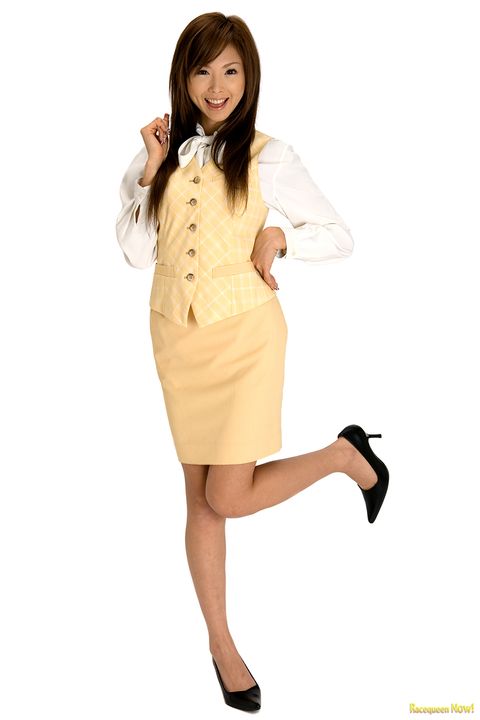I talked last time about how some work-related terms like “office lady” (OL) and “career woman” are used to differentiate certain full-time workers based on their status in the company, and how this seemed odd to me. This is part of a system created in the 1990s as Japan realized it wasn’t very good at that whole male-female equality thing. The way it works is this: when an employee joins a (largeish) company, they usually have the option of choosing which career path they want to be on, either doing general but important tasks in the company, or opting for more challenging work that offers increased responsibility and possibility for advancement. For example, at the bank we use at J-List, there are two types of staff: ippan or “general” employees who work as tellers and wear these cute little bank teller uniforms, and sogo or “regular” employees (yes, I know general and regular sound like the same thing), who do more important jobs like manage other workers, handle currency exchanges and go out and find new business for the bank. Since both male and female employees are free to opt for either type of work without discrimination, it seems like a good system, although in practice I’m not sure how much real effect it has promoting equality when both sexes are pretty happy with things the way they are. When my wife started working for a Japanese company back in the late 80s she was eager to acquire new skills, but all she was called upon to do was memorize which green tea cup belonged to which male employee and how they liked their tea, which she hated. She wishes they had the current system in place back then.
















